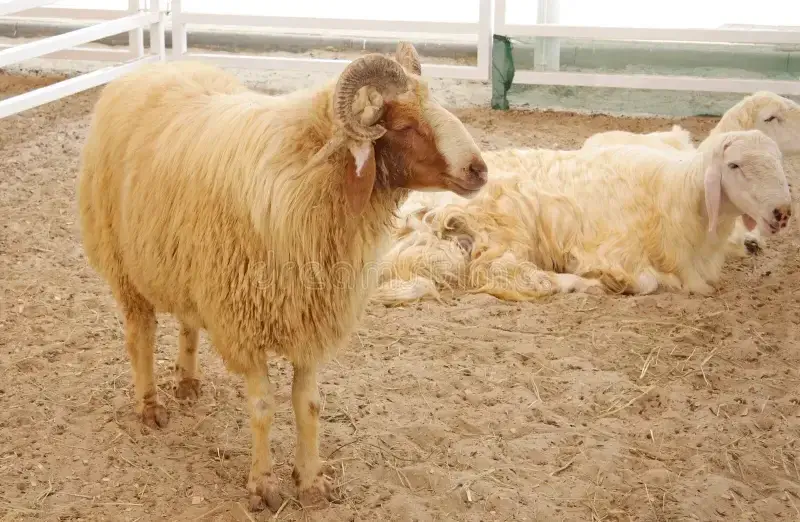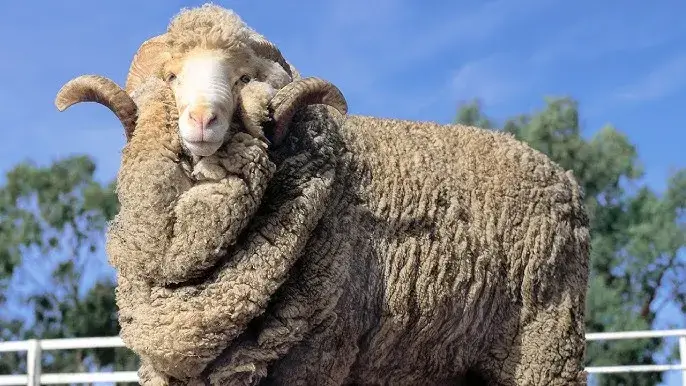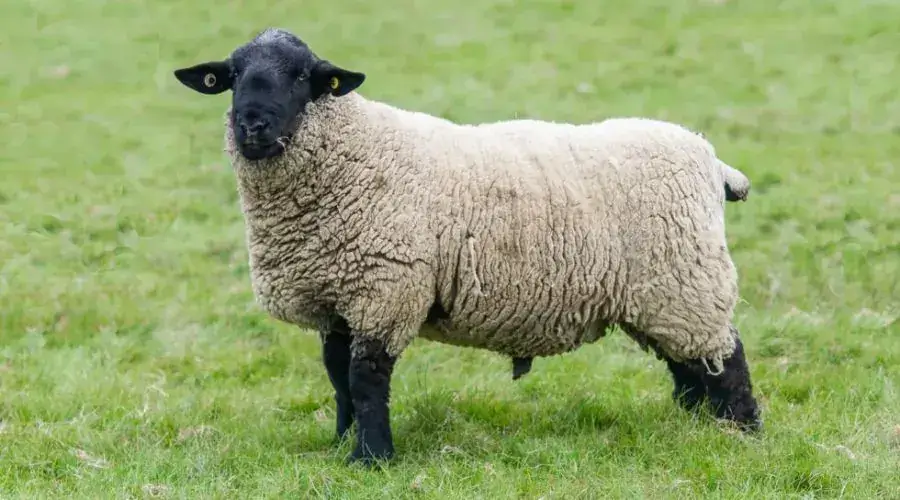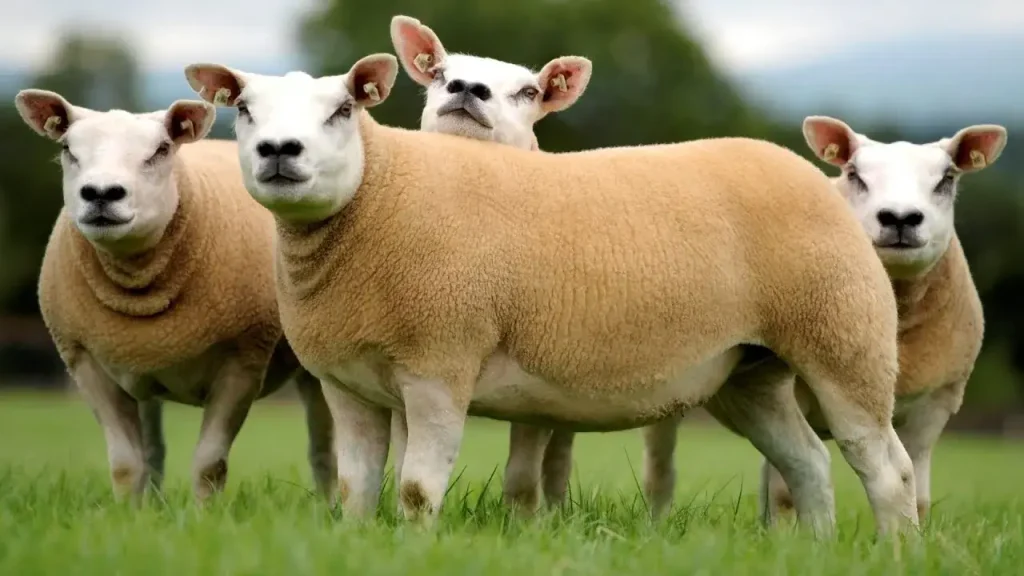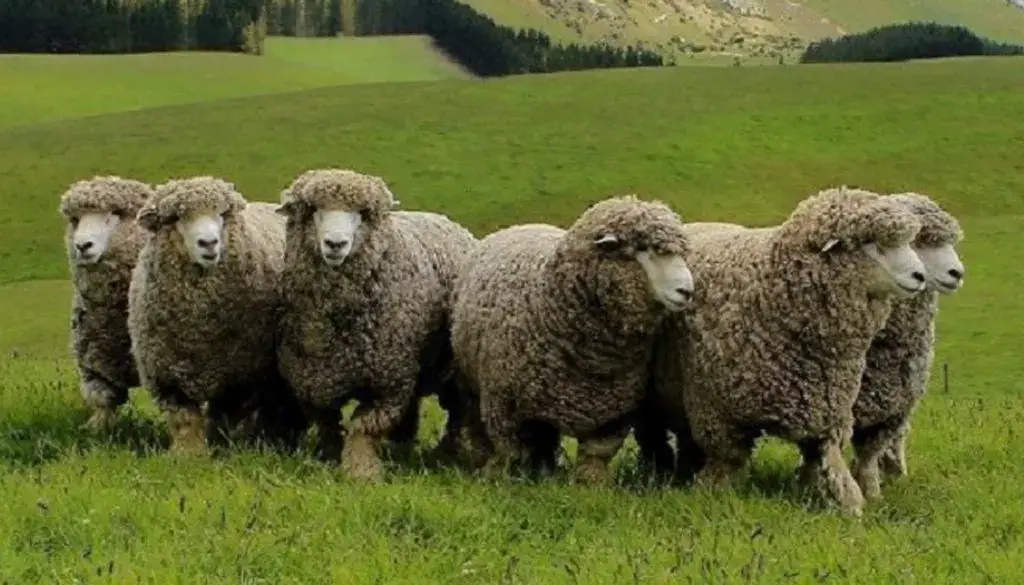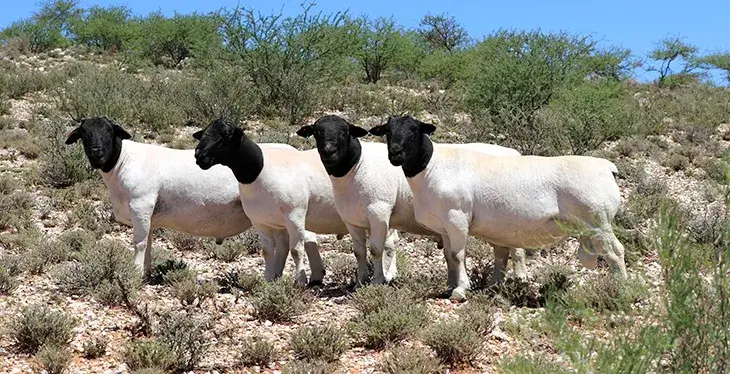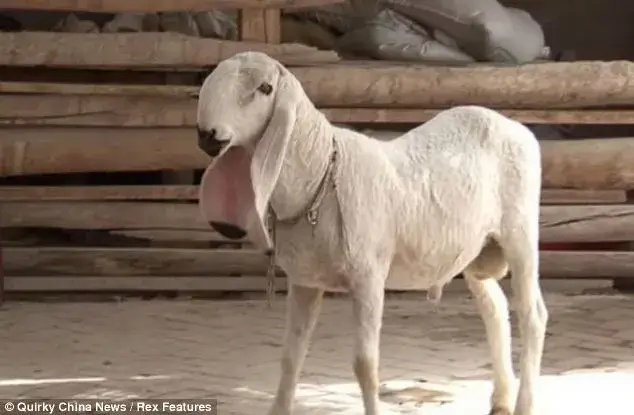🐏 Awassi Sheep – A Trusted Partner in Farming Across Generations
🌍 Introduction: A Bond Beyond Livestock
The Awassi sheep is more than just an animal—it’s a faithful partner in the lives of countless farming families. From the sun-drenched fields of the Middle East to modern pastures around the world, Awassi sheep have stood by communities with strength, generosity, and quiet grace. Their ability to nourish, support, and adapt makes them a cherished part of many households, regardless of background, region, or scale of farming.
📜 A Rich Legacy Rooted in Culture
Awassi sheep carry a deep cultural heritage. Originating from lands steeped in ancient traditions—like Iraq, Syria, Palestine, and Jordan—these sheep have shared a long journey with people through generations. They’ve walked alongside nomads, grazed with village flocks, and contributed to home economies in both rural and urban settings. Their presence is a quiet celebration of resilience, history, and shared livelihood.
🧬 Recognizing Their Unique Traits
The beauty of Awassi sheep lies in both their appearance and purpose. Here’s what makes them stand out:
- 🐑 Soft shades of brown, often highlighted with white patches, reflect the gentle landscapes they’ve grazed for centuries.
- 🦴 Their strong, well-built bodies help them move easily over long distances and rough terrain.
- 🍑 Their iconic fat tails serve as natural energy reserves, especially useful in challenging climates.
- 🧶 Their wool may be coarse, but it’s warm, durable, and tied to traditional craftsmanship.
- ⚖️ Rams generally weigh 70–90 kg, and ewes 50–70 kg—well-suited for both smallholders and larger farms.
💛 Calm Companions with Kind Temperaments
Awassi sheep are known for their gentle nature. They respond well to care, adapt comfortably to different environments, and enjoy being part of a flock. Whether you’re a first-time farmer, a family raising animals together, or a seasoned shepherd, you’ll find Awassi sheep to be trustworthy and low-maintenance companions who genuinely enrich your daily life.
☀️ Built for Harsh Climates, Nurtured by Human Hands
One of the most remarkable things about Awassi sheep is their ability to thrive where others might struggle:
- 🌞 They tolerate high temperatures and dry conditions with ease.
- 🍂 They make the most of limited grazing resources, minimizing pressure on land.
- ⛺ Their endurance makes them perfect for mobile herding and nomadic families.
- ❄️ Even in unexpected cold weather, their wool offers reliable protection.
Their adaptability means more than survival—it means dependable partnership, especially for families living in challenging regions.
🥛 Nourishment That Brings Communities Together
Awassi sheep are among the best dairy sheep in the world. Their milk is rich, nutritious, and forms the heart of many traditional dishes. What they offer is more than food—it’s nourishment that connects generations:
- 🧀 Soft white cheese that’s shared at breakfasts across cultures
- 🥛 Creamy yogurt that’s a staple in rural and urban kitchens alike
- 🧈 Butter and ghee made lovingly at home or in small cooperatives
With 300–500 liters of milk per lactation, Awassi ewes help feed children, support women-led businesses, and improve household incomes.
🥩 Honoring the Value of Their Meat
Awassi sheep also provide high-quality meat that’s appreciated for its taste, tenderness, and health benefits:
- 🍲 Nutrient-rich meat that forms part of traditional celebrations
- 💰 Income opportunities for local farmers through meat sales
- 📦 Sustainable production suited for small and large farms
For many families, this isn’t just food—it’s a source of pride and dignity.
🧶 Wool That Warms Homes and Hearts
Their wool, though less fine than other breeds, carries cultural value. It helps keep heritage alive:
- 🎨 Handwoven into rugs and textiles by artisans
- 🧵 Used for clothing, blankets, and other essentials
- 🧺 A symbol of resourcefulness and community skill
Every thread tells a story of patience, hands-on labor, and cultural continuity.
🩺 Caring for Their Wellbeing
Like all living beings, Awassi sheep thrive when treated with compassion. Here’s how they stay healthy and happy:
- 💉 Regular vaccinations and parasite control
- 🍽️ Balanced nutrition and access to clean water
- 🦶 Routine hoof trimming and safe shelter
They reward this care with long, productive lives, often living 10 to 12 years.
👨👩👧👦 Reproduction and Family-Friendly Management
Awassi sheep are naturally suited for family-based and inclusive farming systems:
- 🍼 Ewes are attentive, nurturing mothers
- 👶 Lambs are typically born one at a time, making care manageable
- 🔄 Seasonal breeding allows for planning around family needs
This makes them an excellent fit for smallholder farmers, women-led households, and community-based agriculture.
💚 Why Awassi Sheep Matter in Today’s World
Awassi sheep continue to play a vital role in the lives of millions:
- 🌱 Supporting food security in drought-prone areas
- 🏡 Providing income, nutrition, and empowerment—especially for women and youth
- 🕌 Featuring in cultural festivals, sacrifices, and traditional dishes
They’re not just part of the past—they are key to a sustainable and inclusive future.
🌾 A Symbol of Sustainable Livelihoods
As we face global challenges like climate change and rising food needs, Awassi sheep offer hope. They help:
- 🌍 Maintain biodiversity and natural balance
- ♻️ Reduce environmental impact through low-input farming
- 👐 Strengthen local economies while preserving cultural roots
🎉 Did You Know?
- 🧬 Awassi milk contains more fat and protein than cow milk—ideal for cheese making
- 👣 These sheep can walk long distances without tiring
- 🎭 Ancient carvings depict fat-tailed sheep, proving how long they’ve been with us
- 👪 In many regions, children grow up learning to care for them, passing down knowledge with love
❓ Frequently Asked Questions
Q1: Are Awassi sheep good for first-time farmers?
A: Absolutely! Their calm nature and adaptability make them perfect for beginners and small family farms alike.
Q2: How much milk does an Awassi ewe produce?
A: On average, 300–500 liters per lactation, depending on feed and care. This makes them ideal for both home use and small-scale dairies.
Q3: Do they need a lot of maintenance?
A: Not at all. With basic health care, shelter, and love, they stay healthy and productive.
Q4: Can they live in cold climates too?
A: Yes! Their thick fleece offers good protection, making them adaptable to a variety of environments.
Q5: Can their milk be used for cheese?
A: Definitely. Their milk’s richness makes excellent white cheese, yogurt, and butter that are loved by many.
✅ Final Thoughts – Celebrating the Awassi Legacy
Awassi sheep are more than livestock—they are loyal partners, gentle souls, and keepers of tradition. From milk to wool, from companionship to culture, they give far more than they take. Whether you’re a farmer, a food lover, or someone who appreciates sustainable living, the Awassi sheep remind us that simple animals can make a world of difference—one peaceful step, one warm meal, and one caring hand at a time. 🌾🐑💚
